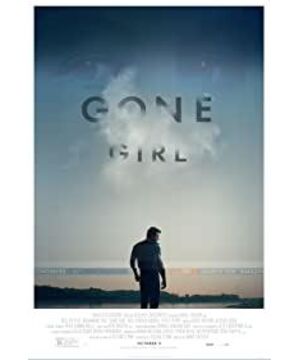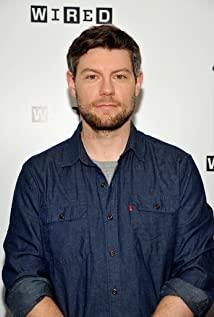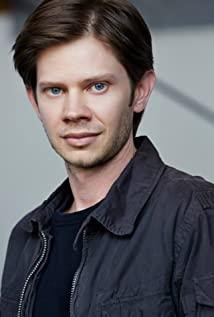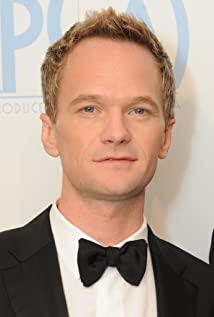"Gone Girl" is undoubtedly such a work. The film can be roughly divided into the first half and the second half from the perspective of the heroine appearing on the same timeline. The first part takes the heroine's narration and the married life recorded in the diary as one line, and the other line is the main timeline extended by the hero on the day his wife disappeared. The latter part takes the time line extended by the heroine and the hero respectively as a double line. The two narratives meet at 1 hour - that is, just when we think we have more clues and see through the plot of the hero, the two lines start to cross, and the heroine appears, breaking the audience's "self-righteousness" "The psychological bureau, once again began a new round of doubts.
Before the heroine deciphers her own way of committing the crime, the film has been guiding the details of the case step by step - for example, the hero is found to be dating a female student in his own timeline, and he is caught by the heroine's neighbors and friends at a volunteer meeting. Asked "why concealed the fact that the heroine was pregnant", and at the same time explained in the timeline of the heroine's diary a certain incident that the hero pushed and shoved the heroine because of a contradiction (which was later falsified by the plot), these "truths" induced the audience time and time again. to doubt the male protagonist. At the point when our skepticism was at its peak—that is, when we opened the warehouse door full of consumer items filled with years of credit card bills, our enthusiasm began to taper off—and the audience thought they had "discovered" the truth.
Is it the truth?
Then we hear about the conspiracy of the heroine. The image of the heroine escaped from the diary. The film began to focus on the initiator of the case, and the heroine began a new round of twisting the plot. During this series of processes, we were beaten up by several unexpected facts, only to discover that the so-called "truth" in the first half was actually "part of the truth". We see how the public opinion in the film grabs this "part of the truth" and starts chattering.
Someone in the media once said that news is part of the truth. In the popular entertainment program "Where Are We Going, Dad" in the past two years, there was also an answer from the production staff on how to evaluate the behavior of each child in the film-following filming for more than ten hours a day, so many materials, how to cut and how to cut Cut, like whoever you want the audience to like. It is precisely because it is so difficult to be independent and sober in a modern society with so many voices. When we follow the film and see shrewd lawyers manipulating the media and public opinion, we have such a sense of substitution.
Compared with Nolan and Quentin, David Fincher is a director who has a low appearance rate. The stylization is not as obvious as Nolan's "frightening suspense" and Quentin's "arbitrary claws and claws". He chooses good novels and adapts scripts, his soundtrack is always so low-key that you can't think of one that can be considered familiar, his editing is not dazzling or cryptic, and he doesn't like a series of long takes with a gripping soundtrack to announce The excitement of the next scene. His temperate narratives seem to be in the original state of things--but obviously we know they're not--just like the once-popular Raymond Carver of the literary world, mere descriptions, leaving leading words and judgments to the readers themselves.
He is like a commercial director who loves documentaries.
Knowing how the audience likes the new and hates the old, he set up the G-spot to keep the spirit stimulated. The bright and bright background is like the office or public place we are accustomed to. Even if it is murder, there is no horror and gloomy atmosphere, just - oh, spike. Movies with such a tone, like the future city in "Her", are full of clean tone. This kind of tone is often associated with the cold future technology, and the soundtrack, which is not amazing in appearance but runs at a high speed, is full of futuristic sense - this is not a 3D or 4D problem, but an aesthetic futuristic sense caused by extreme simplification .
For a director like David Fincher, it's like - "This world is ours and yours, but in the final analysis, it's yours", from him, I see the future.
View more about Gone Girl reviews











